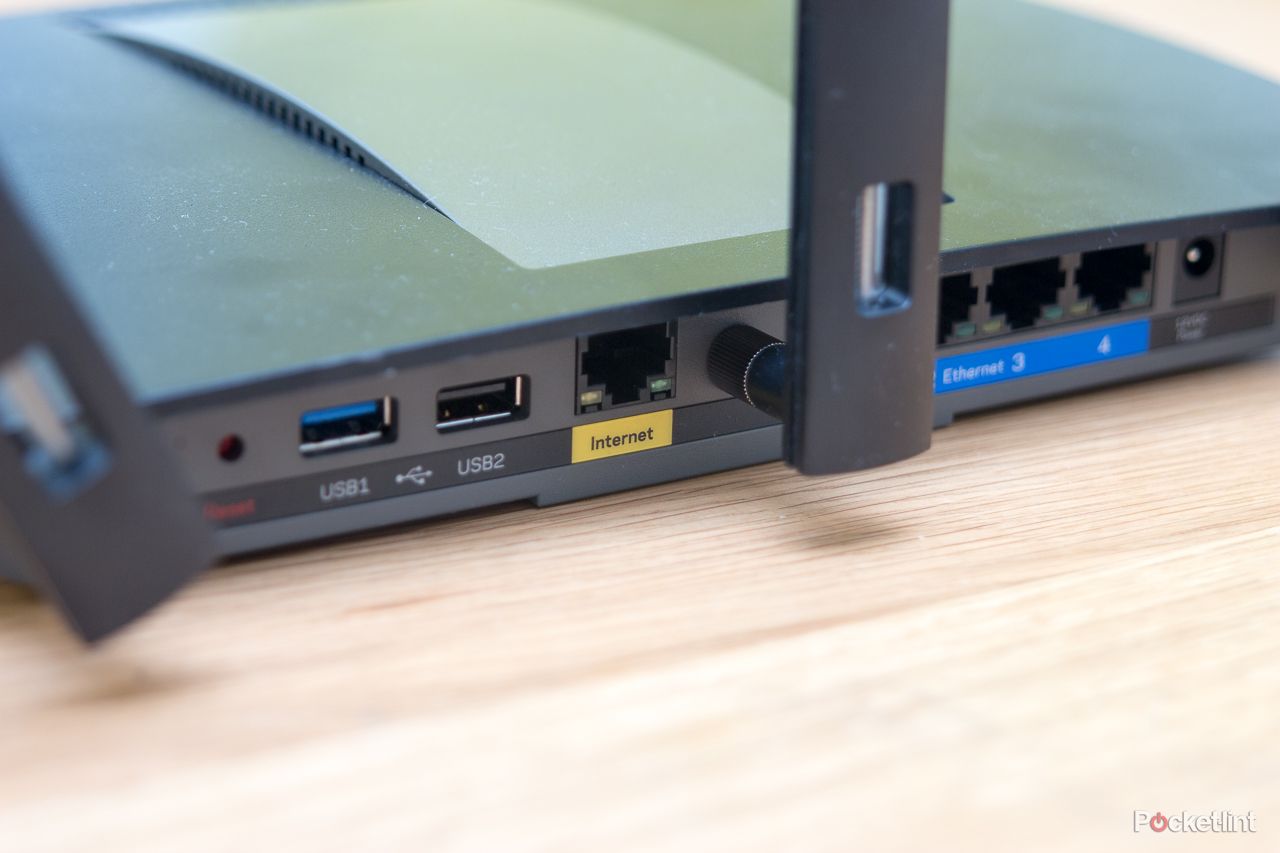The Wi-Fi Alliance has announced WPA3 security, which makes wireless internet connection safer and harder to hack.
Wi-Fi Certified WPA3 is the first major update to the security standard adopted by wireless routers and appliances for more than a decade. It adds extra layers of encryption and authentication to further protect wireless transmissions from being intercepted and stolen.
In addition, password sign-ins get more robust protection, so that, even if you haven't set your password to recommended complexity levels, it should still be far harder for third parties to guess them.
There are two forms of WPA3 protection: WPA3-Personal and WPA3-Business.
WPA3-Personal is designed for home routers, smart home accessories and personal devices. It leverages Simultaneous Authentication of Equals (SAE), a secure key establishment protocol between devices. This essentially safeguards your system from password guess attempts.
WPA3-Business encrypts data to the equivalent of 192-bit cryptographic strength, enabling the transmission of sensitive data over a wireless connection without fear of third parties decoding it remotely.
Wireless connected hardware and software manufacturers, such as Qualcomm, Marvell and Philips are starting the transition to WPA3 security, although that process can take some time. In the meantime, WPA2 devices will continue to interoperate.

